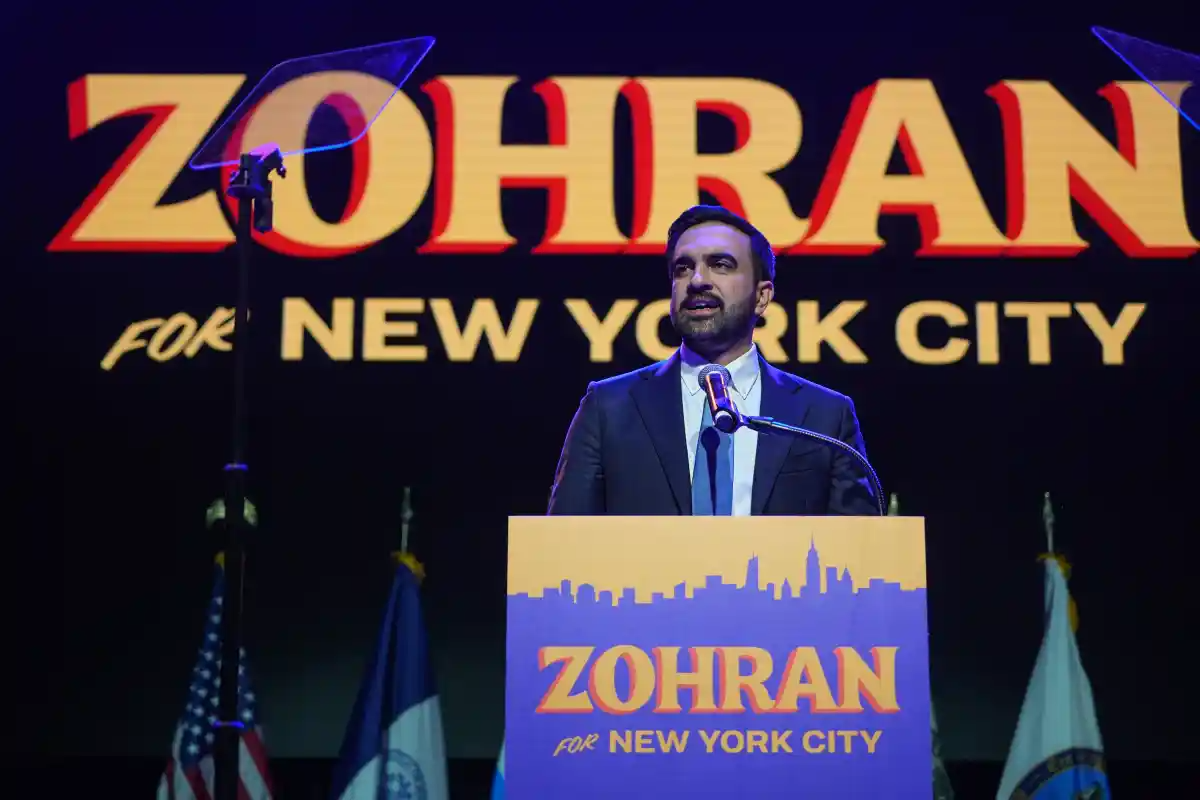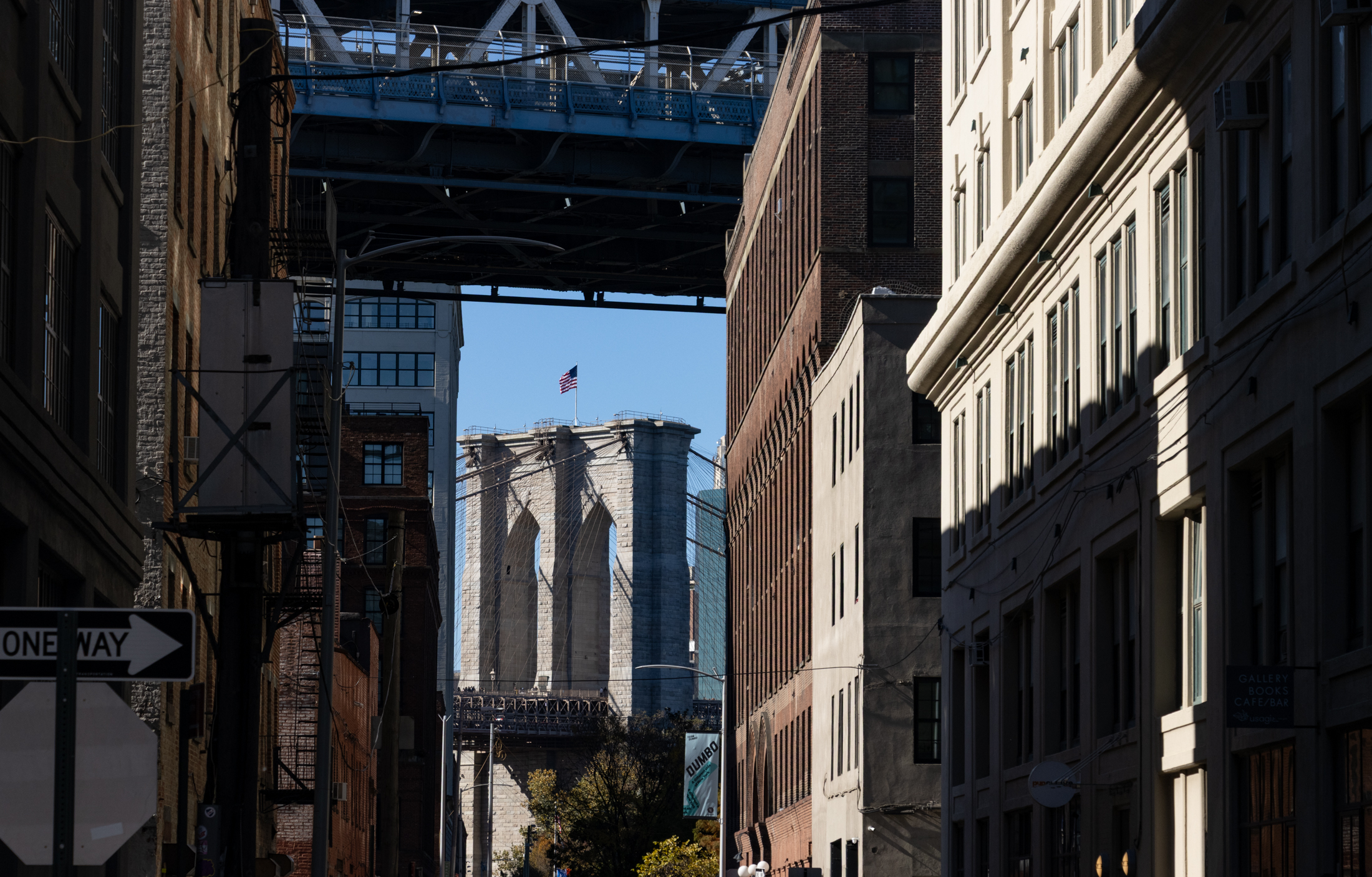Open House Picks: Six Months Later
Comment: Nice job on St. Marks Place; keep dreaming on Putnam. Open House Picks 5/09/08 [Brownstoner] Previous Six Months Later Posts [Brownstoner]


Comment: Nice job on St. Marks Place; keep dreaming on Putnam.
Open House Picks 5/09/08 [Brownstoner]
Previous Six Months Later Posts [Brownstoner]





Aussie – re: “There was no equivalent of this type of post when property prices were going up. Certainly nothing that I saw and nothing repeated so often.” Are you kidding? If I had a dollar for each time bulls disdainfully spewed vitriol at “bitter renters” and *very* gleefully noted how much prices were rising, it would probably be enough for a brownstone downpayment! There certainly were plenty of stories of the riches to be made in NY real estate, plenty of gloating and glee, etc. The difference is that the misfortune was left to those who were priced out, who were simply considered losers for not buying in earlier. Do I feel lucky to have sold when I did, and now be in a position to get a discount? Of course. Do I feel glee at other’s misfortunes? No, I’m not a sadist. I sincerely hope the person we buy from is not a distressed seller – I felt good about the transaction when I sold, and I’d like to feel equally good when I buy again. As for “delving into circumstances” of sellers, the only thing I’m really delving into is the price they paid to buy in the first place – all info which is readily available on Property shark and other public sources, as well as more specific info I have from owners I know.
Dylanfan – fair enough, and I agree that it makes sense that, if you find a property you love, there’s no reason not to bid on it if it’s within your budget. I don’t think we disagree on the big picture. As for the word “correction” I use that as opposed to “crash” since, precisely for the reasons you and Aussie outline, I think it’s likely there may not be a total crash of the overall NY market, as some areas will hold up more than others. That said, when one looks at everything else that is happening economically right now, so much of it was unfathomable just a few months ago, and so it’s anybody’s guess what will really happen. A crash is thus not out of the question, but I am trying to be optimistic – again, for reasons cited by my ostensible detractors (like traditionalmod). That is, even prime Brooklyn would suffer from an all-out crash, but I honestly think a pretty significant correction (25-50%) would not hurt that many people since indeed there would be many people – those who bought within last 5 years for example – who would do everything they could not to sell at a loss (they would be among the only ones to really have to), and those who’d bought more than 5 years ago would probably break even at worst, even if prices drop as much as 50%.
I’m not expecting to buy a property for a song, and I realize that of course I – like just about everyone – cannot have everything I want at the price I want. That is indeed life. But all economic indicators do point to continuing declines, even in prime Brooklyn, so I’m simply patient, though I too will bid if a I see a property I love, in my budget range, at an offer that is both reasonable and affordable to me. I’m seeing houses get price cuts to bring them more in line with my expectations and expect this trend to continue.
I am interested, however, in what the more bullish folks on this blog are predicting – Aussie, 11217, traditionalmod. Of course, by now everyone has conceded that some price drops are inevitable since to say otherwise really does seem delusional. And yet I’m surprised by the adamant insistence that they could not drop as much as 25-50%. So what do the more bullish people think – 10% max? 15%? I’m truly curious.
By the way, Aussie’s arguments about desirability, rarity, etc. is one of the arguments that has commonly been made (and repeated over and over, 11217) to justify high prices. But cities go through cycles and while NYC is a great city and has been for a long time, it has had its boom and bust cycles. Currently, there is a lot of talk about tax policy and its impact on higher income residents – precisely the folks who could buy in prime Brooklyn. It’s not a given that everyone will just stay in NYC out of loyalty to this great city, if their tax burden becomes too great. This is just one of many complex factors that may impact NY real estate. But the bigger issue is that, for all the people who swear up and down that Brownstone Brooklyn real estate can never fall that much, how many of you thought you’d see the stock market where it is now? Or the government bail-out going on now? We are living in unprecedented times, and I’m amazed that in spite of that, the more bullish people on this list insist that the bears like me are crazy to predict declines of 25-50% — which, given the run-up, is not even that large a decline! Maybe it won’t happen, in which case, yes I’ll probably cave in and buy a bit higher (say 15-20% off), but I’m certain that we will indeed get a much bigger discount in the future than if we buy right now.
That all sounds very fair Miss Muffett but the tone of many of your posts are different. Lechacal, Dow and others provide a fairly clear cynical view of what they believe will happen on the bear side. Many of your posts 1)show an impatience that it is not happening fast enough, 2) display glee at the increasing probability that it will happen and 3) delve into the circumstances of those holding property which has declined in value and opine that they will be fine.
It is my view that when you are profiting from someone else’s misfortune (or you wish to) you keep your obvious happiness to a minimum. There is nothing wrong with making money this way that is how our system works, as we both know.
There was no equivalent of this type of post when property prices were going up. Certainly nothing that I saw and nothing repeated so often. You are of course entitled to post whatever you like but I am merely trying to explain why I take offence. Even though this is an anonymous blog.
MM, I’m afraid I think you are overestimating.
Really, I don’t mean to be snarky with you, but you use the word “correction” a lot, and I think what is built into your constant use of that word is that what would be “correct” is for you to be able to buy “prime” real estate in a “prime” location at the price you want to pay. So long as you are not able to do so, the market needs a “correction.”
But I know somewhat more about real estate now than I did when I bought that first studio, and Aussie has valuable insights. Yes, there will always be people who have to sell, who want to sell, who sell. It’s a market. But first of all, don’t rely on historical precedents, because history never repeats itself in precisely the same way. Second, the people in “prime” markets are generally the most protected of all, and owning a prime property in a prime area is part of the protection, should they have to sell. Third, some of that money that’s been yanked recently from the stock market is likely to get invested in real estate, and many of those people won’t need mortgages.
I bid on what I thought was a reasonably priced house ten days ago. That’s right, ten days ago. Not your idea of “prime” I am sure, but a beautiful house with great bones in need of a lot of work in a neighborhood I think is wonderful. I am super-qualified at this point, but there were multiple bids and I lost. That’s not incorrect, it’s just the market.
No it’s not fair that people like me who don’t make a fortune, who live within their means and pay as they go, who save despite having to make even more sacrifices to do so, can’t buy a great place in the neighborhoods with the most amenities. But that is life.
Aussie – your sarcasm, like others’, is misleading and unfair. Of course I don’t think it’s unfair that most people cannot buy a brownstone. No one is “entitled” to anything. But you’re right that I think it’s unfair that, up until recently, many first time buyers were unable to afford even a modest apartment in many cases when they had worked just as hard and saved just as much as first time buyers in earlier eras but the prices had gone through the roof and homeownership thus seemed unattainable. It’s equally unfair that some people should lose their savings now. In other words, there is *always* unfairness. Contrary to your comments, I do feel compassion on *both* sides. What I find ironic is that I am accused here of being so callous since some people are now being hurt by falling prices, but what about all the people who were hurt by skyrocketing prices during the run-up? As for the buyers of my apt, I would not call them “some poor chump” – I stay in touch with them and know they are very happy since they intend to stay there a long time, and at the time of our transaction, the property was actually very well-priced so it was a good deal for both parties. Please, spare the moralizing. I am commenting on facts and historical precedent, and yes, my predictions (which, however, are backed up by many others out there), not passing moral judgments, as you seem to enjoy. I’ve been following real estate very closely for years, including this blog, and I certainly did not hear many owners expressing sympathy for buyers priced out during the boom and I’m not just talking about buyers of brownstones, for heaven’s sake.
dylanfan – Why do you think I’m overestimating number of people who need to sell? Some people always need to sell period, and those people will have to lower prices – period. Significantly.
dylanfan: MM is not estimating. She is HOPING AND PRAYING that people are forced through one hardship or another, in great enough numbers to sell, so that the market drops enough for her to buy at a substantial discount. This would allow her to make the most of the cash that she made from selling her home to some poor chump at the top of the market.
But really she is just concerned that the poor people that have been priced out can buy their brownstones. It is terribly unfair, you see, that they should not be able to buy one, and it is sad but equitable that those that bought in the last 5 years or so lose their savings.
DOW said: Why not, Aussie? The following graph “based on sale prices of standard existing houses, not new construction” shows just that.
ANS: I think you know the answer alreay DOW. Anything that is rare, because it is rare will only minimally affect the statistics of the group of which it is a subset. The houses in more desirable areas (of which there are, by definition much fewer) will easily double in value (inflation ajusted) in our life times. Their increase in value will be a consequence of increases in their desirabiliy and more money chasing limited desirable areas and houses. The spread between the cost of an house in an “average” area and one in a very desiable area will continue to increase as the divide between rich and poor increases.
When these increases occur they have little affect on the chart that you have posted (which is well out of date). They are a statistical outlier. So your chart is right, but I believe, inapplicable to BB.
I think our real argument is as to whether brownstone brooklyn is one of these rare areas. To me it is obvious. This is the most beautiful part of the most desirable, high profile, city in the world. …
All of bed stuy will not need to be renovated first because this is not just a brownstone thing. Postion, stigma, transport, historic significance will all play into this for the more esablished areas. In any event bed stuy will also benefit from this affect.
MM:
It was a sponsor unit, recently vacated by a rent-controlled tenant. No one had to sell, and I had no idea I was buying in “downtimes”; I knew nothing about the real estate market then and found out only later what others had paid. Sure, some people had to sell during those years, and some left their keys on the kitchen counter and walked out. But I think you overestimate how many did that then and how many will have to now.